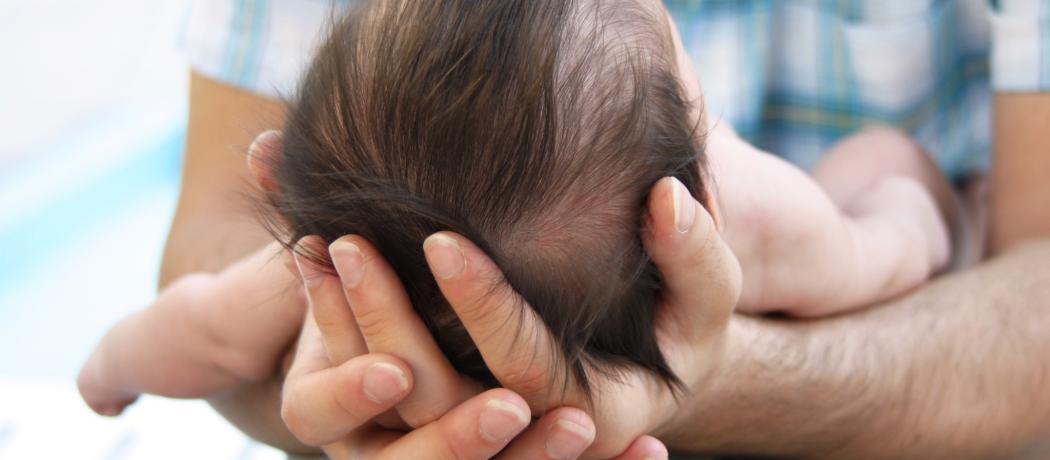In 1929 in my native Hungary, just about all children were born at home. I came into the world at my parent’s home, around 5 o’clock in the morning. To my mother’s relief, her labor was relatively short. She was assisted by a midwife and my two grandmothers. I don’t remember ever hearing where my father was during all that fuss, but knowing that he was a very practical man, he was probably boiling water. As it happened, my great uncle, an obstetrician, was out on a call in a neighboring village, so he missed my birth. Midwife and all, my birth was like a close family affair.
By 1956, when I became a general practitioner in North Vancouver, childbirth had become fully medicalized. Having a child became an operation in an operating-room environment. A nearby room was set aside for all expectant fathers in the hospital, who often spent hours pacing back and forth in the smoke-filled room. The relief was palpable when the doctor came out to congratulate each new father. Relatives were not permitted to be around, and a family’s first glimpse of the child was through the window of the nursery. Starting in the early 1960s, fathers were let into the labor rooms, but not yet into the case rooms. Medical belief was that men might panic, faint, or increase infection rates and even malpractice suits. In many hospitals, the father’s presence at the birth was first permitted in the late 1960s. That is close to 60 years ago, yet there is still a dearth of information about the impact of having fathers in the birth room.
A recent study[1] of over 300 fathers present during labor and birth in a German hospital suggested that it was “beneficial” for close to 80% of fathers, 85% of mothers, and over 70% of their relationships. Over 90% of the men were happy to be present at birth, yet 36% felt fear, 23% felt helpless, and close to 15% were overwhelmed by the situation. An earlier study in Australia[2] focused on expectations of men’s support during labor. Fathers exceeded expectations just by being there, holding the mother’s hands, and providing moral support. However, their specific support in actions like massaging her back, helping to make decisions, helping with breathing, or changing positions fell below women’s expectations. In that study, overall psychological support from fathers was reported as very positive: eye contact, having someone to express her pain to, and receiving verbal support was much appreciated.
A 1999 study[3] suggested that the mere presence of the partner makes birthing women feel valued, cared for, and appreciated. While most fathers find the moment of birth exciting and wonderful, the majority feel helpless and distressed to see their partner in pain during labor. Preparing fathers to cope with their partner’s experiences may lead to a more satisfying birth experience for both partners. Having a good experience in the birth room can enhance the transition to fatherhood. In that context, men’s psychological well-being is as relevant as women’s psychological health.[4]
Thank you fathers, father figures, and all supportive partners!
—George Szasz, CM, MD
References
1. Vischer LC, Heun X, Steetskamp J, et al. Birth experience from the perspective of the fathers. Arch Gynecol Obstet 2020:302:1297-1303.
2. Dellmann T. “The best moment of my life”: A literature review of fathers’ experience of childbirth. Aust Midwifery 2004:17:20-26.
3. Somers-Smith MJ. A place for the partner? Expectations and experiences of support during childbirth. Midwifery 1999:15:101-108.
4. Chandler S, Field PA. Becoming a father. First-time fathers’ experience of labor and delivery. J Nurse Midwifery 1997:42:17-24.
This post has not been peer reviewed by the BCMJ Editorial Board.
 |
| This work is licensed under a Creative Commons Attribution-NonCommercial-NoDerivatives 4.0 International License. |


